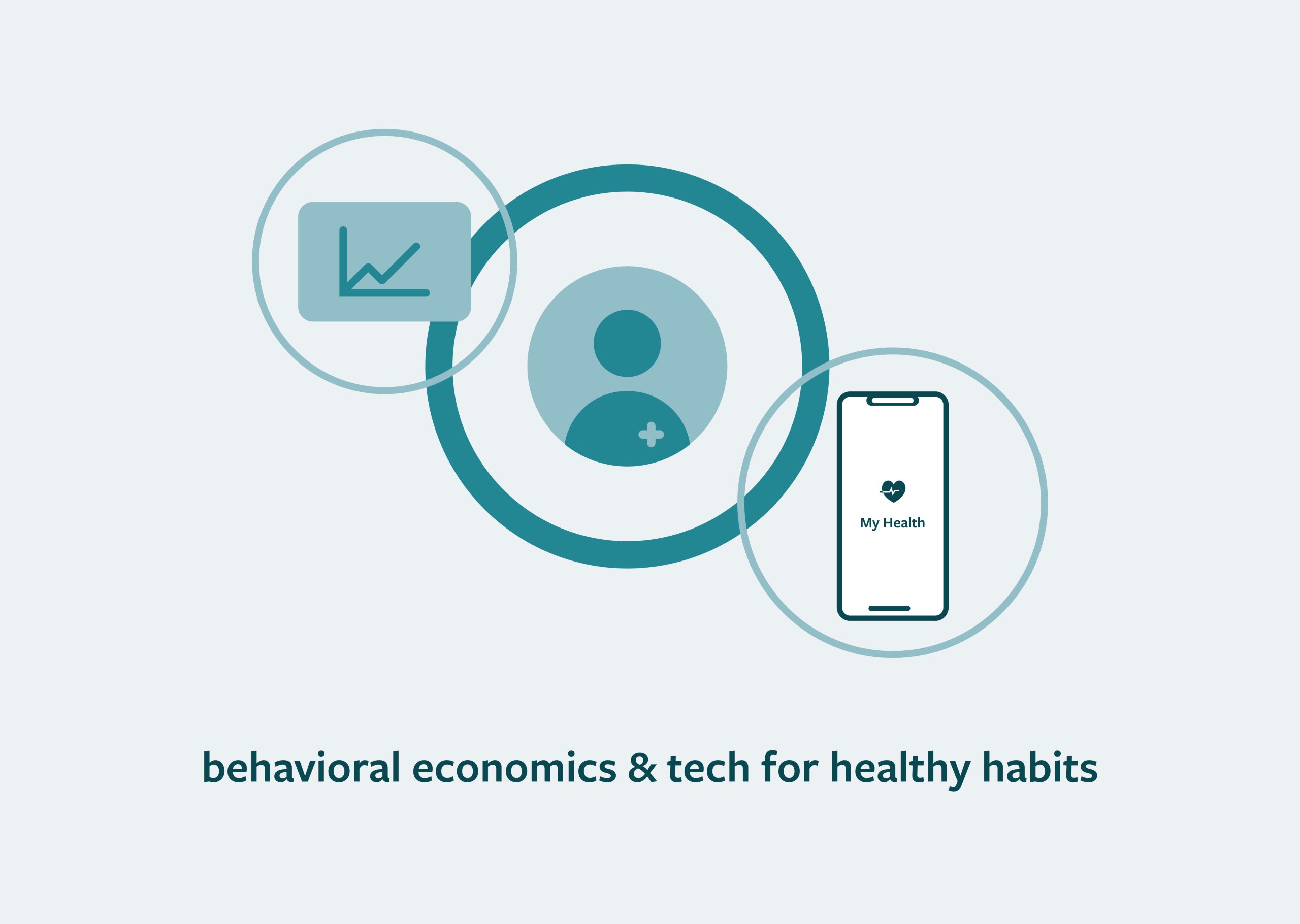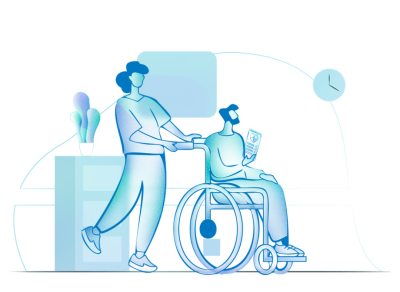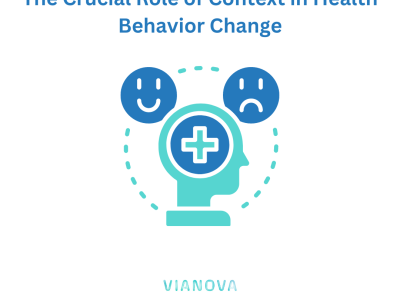
Nudging Wellness: Vianova’s RPM and Behavioral Tech
In the realm of health and well-being, building and maintaining healthy habits can be a formidable challenge, especially for individuals with chronic diseases. However, the marriage of behavioral economics and technology offers a promising avenue for fostering these positive behaviors. In this blog, we will explore the captivating synergy between behavioral economics and technology, spotlighting Vianova’s Remote Patient Monitoring (RPM) platform as a prime example of how these elements intersect to empower individuals with chronic diseases to cultivate and sustain healthier habits.
Understanding Behavioral Economics and Its Impact:
Behavioral economics, a field that merges psychology and economics, delves into the complex world of human decision-making. It acknowledges that people don’t always make rational choices when it comes to their behaviors, particularly in the context of health. This understanding has led to the development of innovative strategies to “nudge” individuals toward making better decisions. By leveraging insights from behavioral economics, we can create interventions that steer individuals toward healthier choices without resorting to coercion.
The Role of Technology in Habit Formation:
Technology has become an integral part of modern life, and its potential to influence behavior is undeniable. In the context of health, tech solutions have proven to be effective tools for facilitating the adoption and maintenance of healthy habits. Vianova’s RPM platform is a prime example of how technology can harness the principles of behavioral economics to create a positive impact.
Vianova’s RPM Platform: A Case Study in Behavior-Driven Health Tech:
Vianova’s RPM platform seamlessly integrates behavioral economics principles with cutting-edge technology to empower individuals with chronic diseases to cultivate healthy habits. Here’s how it works:
Personalized Goal Setting: The platform enables users to set personalized health goals based on their unique circumstances and conditions. By allowing individuals to tailor their objectives, the platform taps into the principle of autonomy, which is a cornerstone of behavioral economics.
Timely Reminders and Notifications: Vianova’s RPM platform employs gentle reminders and notifications to keep users engaged and accountable to their health goals. These reminders leverage the behavioral economics concept of “present bias,” which highlights our tendency to prioritize short-term rewards over long-term benefits.
Data-Driven Insights: Through the collection and analysis of data from wearable devices, the platform provides users with valuable insights into their progress. This visual representation of achievements taps into the psychological concept of “feedback loop,” reinforcing positive behaviors and fostering motivation.
Positive Reinforcement and Community Support: Vianova’s RPM platform employs positive reinforcement techniques to celebrate milestones and successes. Additionally, it fosters a sense of community by connecting individuals who share similar health challenges, thus leveraging the social aspect of behavioral economics.
The convergence of behavioral economics and technology presents an exciting frontier in the realm of health and wellness. By integrating insights from behavioral economics into innovative tech solutions like Vianova’s RPM platform, individuals with chronic diseases are empowered to embark on a journey of habit formation and healthier living. Through personalized goal setting, timely reminders, data-driven insights, and positive reinforcement, these individuals can navigate their health journey with increased confidence and success. As we continue to explore the synergy between behavioral economics and technology, we unlock new opportunities to make positive, lasting changes in the lives of those managing chronic diseases.



FEEL FREE TO DROP US A LINE.